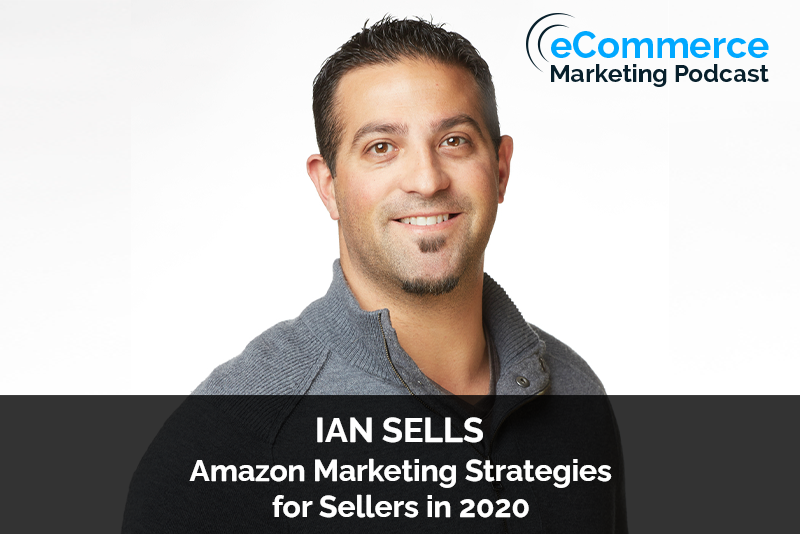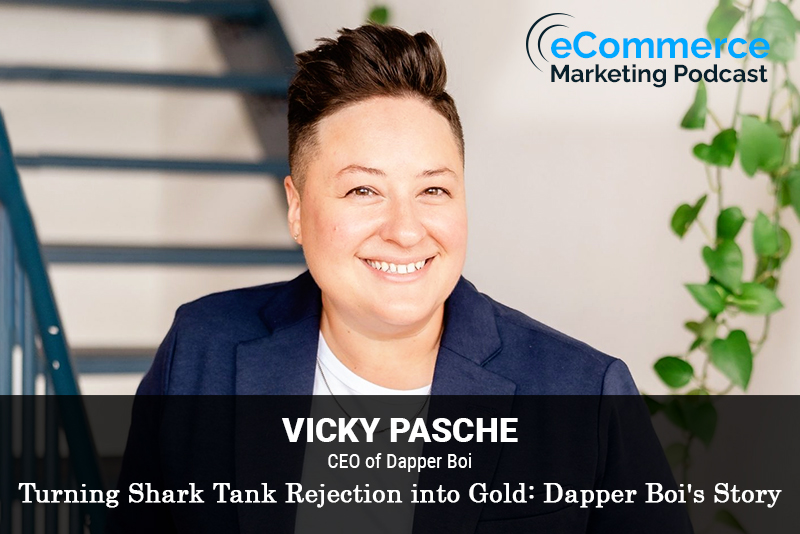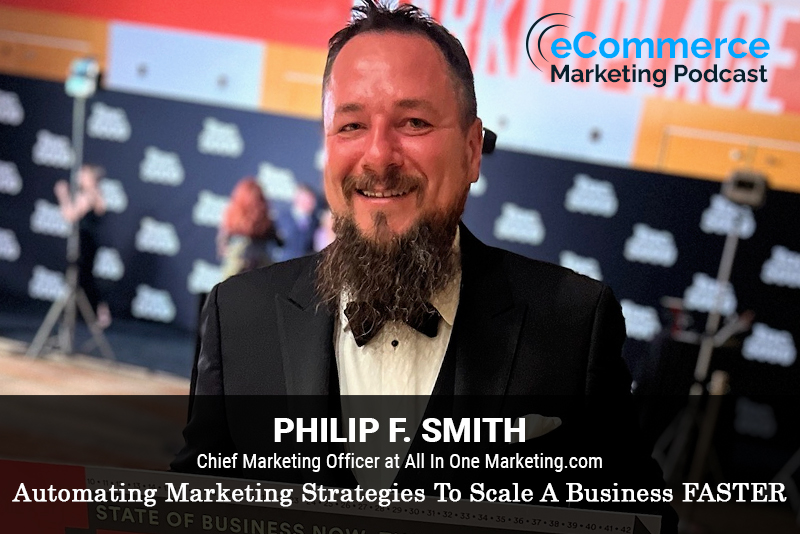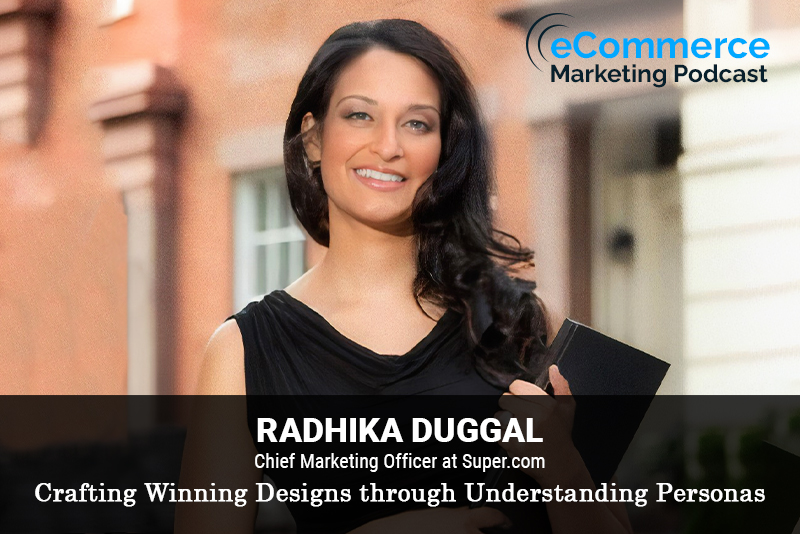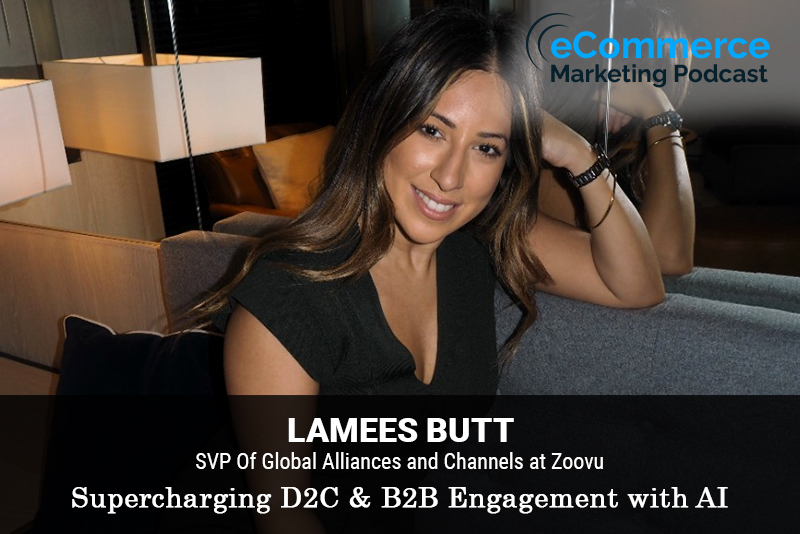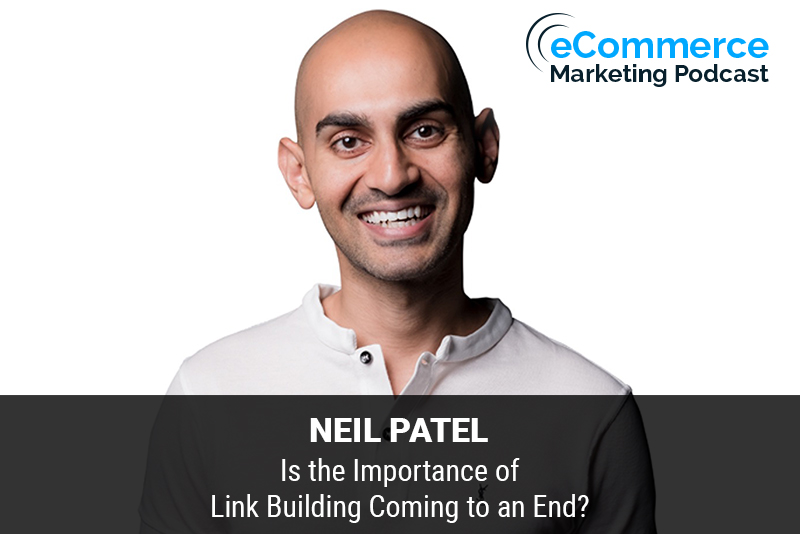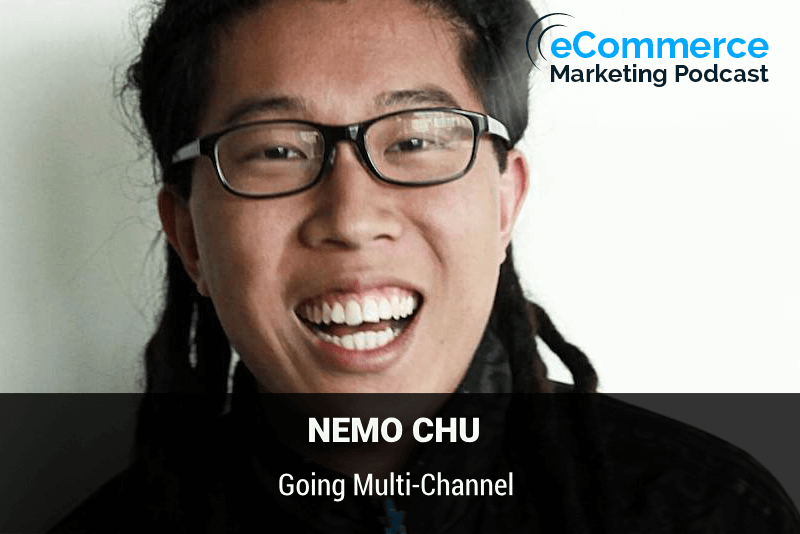
The eCommerce Marketing Podcast walks you through everything that goes into ecommerce marketing — from inbound marketing to paid advertising to conversions. Learn the strategies top marketing experts use to grow their businesses.
Marketing Strategies Revealed in this Episode:
- Actionable tips to start increasing sales on Amazon Today
- Ways for a brand to stand out and gain awareness
- Specific marketing strategies that are more effective in this current climate
- Companies that have done a great job delivering online content in a funnel while successfully converting customers

Episode Title: Increasing Sales on Amazon and Building a Brand with Ian Sells
Host: Arlen Robinson
Guest: Ian Sells, CEO and Founder of MillionDollarSellers.com and RebateKey.com
Episode Overview: In this episode, Arlen Robinson chats with Ian Sells, an experienced entrepreneur who has been scaling businesses through internet marketing strategies since 2004. Ian shares his journey from real estate to eCommerce, provides actionable strategies for increasing sales on Amazon, and discusses ways to build brand awareness. He also introduces his platforms, MillionDollarSellers.com and RebateKey.com, which support Amazon sellers and eCommerce businesses.
Key Takeaways:
- Introduction to Ian Sells (00:20)
- Ian’s background in real estate and transition to Amazon sales.
- Challenges and Opportunities in eCommerce (02:10)
- The impact of COVID-19 on businesses and the importance of having an online presence.
- Strategies for Increasing Sales on Amazon (05:15)
- Importance of listing optimization, keyword research, and quality images.
- Introduction to RebateKey.com for driving traffic and sales through rebates.
- Using RebateKey for Brand Awareness (07:30)
- How RebateKey works and its benefits for new Amazon sellers.
- Creating Brand Awareness (12:00)
- Strategies like influencer marketing and creating a memorable unboxing experience.
- Effective Marketing in 2020 (17:45)
- Importance of leveraging multiple marketing channels and consistent brand messaging.
- Learning from Successful Brands (20:50)
- Observing and analyzing marketing strategies from leading brands and applying those lessons.
- Resources and Communities for Amazon Sellers (25:30)
- MillionDollarSellers.com as a community for Amazon sellers with significant revenue.
- Encouraging the use of RebateKey.com for driving traffic and sales.
Ian Sells is the CEO and Founder of MillionDollarSellers.com (MDS), an elite mastermind Amazon group, and RebateKey.com, a rapidly-growing online cashback rebate and coupon marketplace. Ian has a rich background in real estate and eCommerce, having launched and sold multiple Amazon brands and managed over $30 million in sales.
Contact Ian Sells:
- Email: [email protected]
- Website: MillionDollarSellers.com
- Website: RebateKey.com

